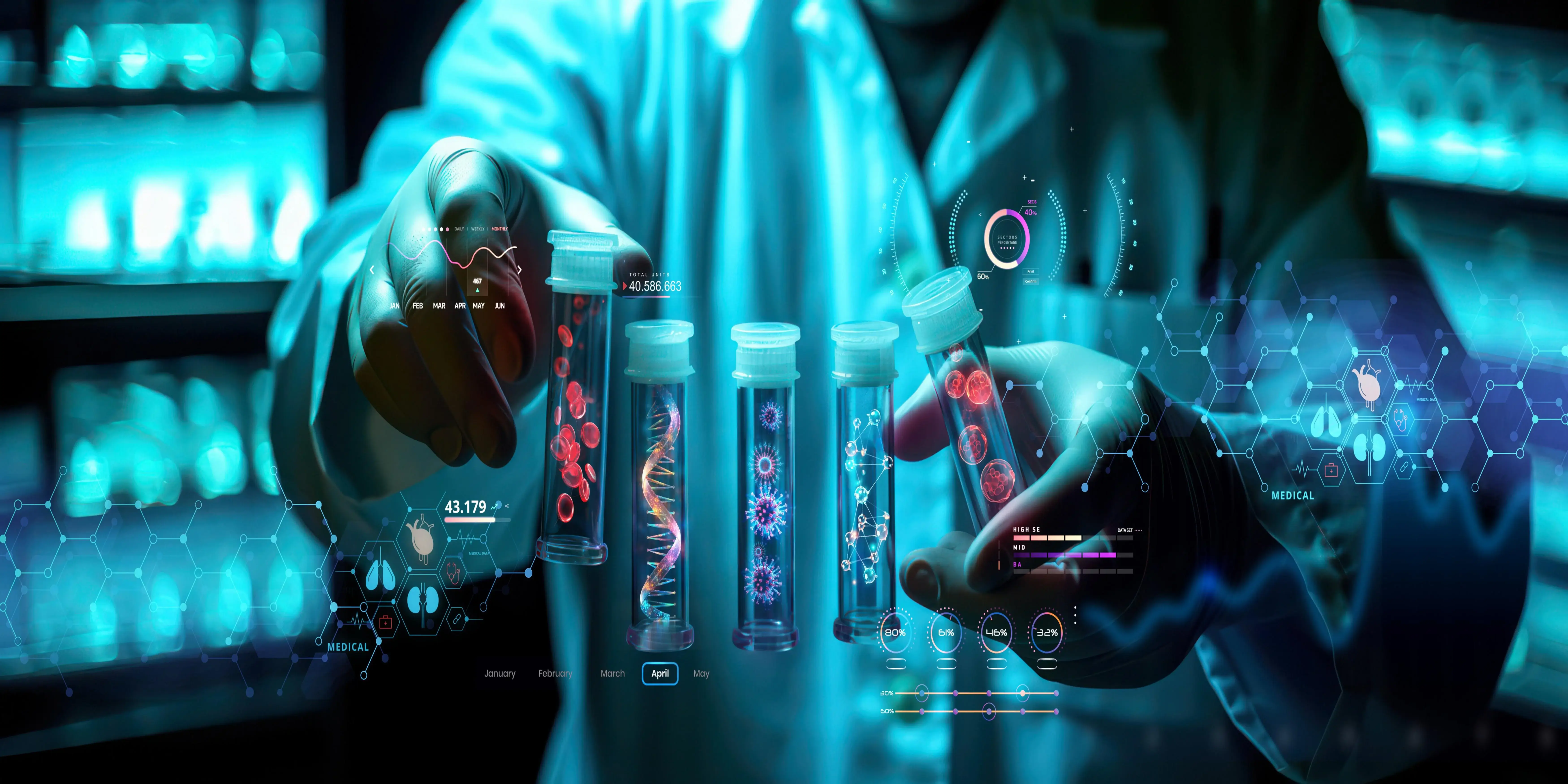Life science enterprises are among the most innovative technologies in the fields of ecology, health, and farming. The companies produce everything ranging from pharmaceutical development and biotechnology research to the manufacture of medical devices and diagnostic equipment. Apart from being crucial to the health industry, the life science business is important for the development of the world economy. Here, the structure, challenges, and potential futures of life science companies are discussed, taking into consideration both their social contributions and the challenges they experience in a rapidly changing environment.
What Are Life Science Companies
The life science business sector deals with application and research in biological processes, and these businesses provide products and services that help enhance the quality of life of people. Businesses can be from a large, multinational pharma mega-store to a small startup dedicated to specific biotech advances. They work in pharmaceuticals, biotechnology, medical devices, agriculture, and biological sciences, to mention but a few. The life sciences sector has proved to be vital in improving innovations that are good for mankind as well as the long-term health of the planet.
Key Industries of Life Science Industries
The domain of life sciences study is vast, covering different fields contributing to the progress of human health and welfare. Pharmacy, medical technology, and biotechnology are significant industries. New medical technologies, drug discovery, and genetic engineering are the core business of biotechnology firms. Pharmaceutical companies design, manufacture, and market drugs. Medical technology firms design and manufacture equipment and instruments that contribute to patient care, diagnosis, and treatment.
Importance of R&D
R&D is the lifeblood of life science companies, driving innovation and expansion. It allows pharmaceutical companies to work on new drugs, treatments, and technologies that might cure diseases once considered to be incurable or enhance existing medical products in some or the other way. High expenditures associated with patents, clinical trials, and university collaborations have always been prominent features of the development cycle of the life sciences industry which requires this high investment.
International Influence and Economic Efforts
Life science firms help the international economy significantly. These firms encourage economic development through job creation and commercialization of research findings. These companies also save money on health care by improving therapy and reducing the need for extensive care. The life science companies also influence sustainability because of innovations in environmental solutions, food production technologies, and agricultural biotechnology.
Challenges Faced by Life Science Companies
Regulatory Compliance
Companies operating within the life sciences sector face a highly regulated environment, especially within the pharmaceutical and medical device sectors. To guarantee the safety and efficacy of new drugs, treatments, and equipment, regulatory agencies such as the European Medicines Agency EMA and the U.S. Food and Drug Administration (FDA) maintain tough standards. Although these rules are binding, they could interfere with the design of a product and cost and add more time before bringing any innovations to market.
High R&D Costs
This makes the development of new drugs or medical devices very costly, time-consuming, and requires an enormous initial investment. These companies in the life science industry have to wade through layers upon layers of patent law and suffer the wait of several years of clinical testing, which costs hundreds of millions or even billions. The risks are relatively increased since most of the drugs and treatments are screened out in the process of clinical trials, as such increasing the financial burden on these companies.
Ethical and Social Considerations
The issue that remains questionable from a social perspective most times is the process through which life science companies operate their business, especially in discussing genetics editing and their research on stem cells. Public discussion and the moral implications of technology may well impact public opinion, with resultant decisions made by the regulators: thus, new technologies will be somewhat harder to tolerate. Life science companies should balance innovation with moral obligations to maintain openness while supporting public participation in their research.
The Role of Technology in Life Science Companies
Big Data and Artificial Intelligence
In light of this, artificial intelligence and big data analytics transform the research activities and decision-making mechanisms for life science firms. Broad-scale biological data can be processed by machine learning algorithms to identify potential drug candidates, predict patient outcomes, and even optimize clinical trials. All this reduces time-to-market and increases the accuracy of the results so that companies get new, groundbreaking products to market sooner and more effectively.
Genomics and precision medicine
Another critical area where life science companies are applying technology is in researching genomics. Mapping and analyzing the human genome will enable companies to discover proprietary pharmaceutical products and personalized medicines to meet the demands of specific patients. In this regard, precision medicine will therefore reduce the cost of healthcare while improving patient outcomes through tailoring treatments to fit every patient's genetic makeup.
3D Printing and Bioprinting
3D printing and bioprinting are used for manufacturing in the biological sciences. Such a device makes custom devices, organ ladders, and even living tissues for research. It has rendered low-cost prototyping faster by opening new opportunities in regenerative medicine.
Key Players in the Life Science Industry
Pharmaceutical Giants
White Pharmacy innovators such as Pfizer, Novartis, and Johnson & Johnson are developing drugs targeting a wide range of diseases. Due to their huge plans for research and development, such companies can give huge funding for extensive clinical trials and novel medicinal products can be marketed. All of them are central in the production of vaccines and international health programs.
Biology Leaders
Biologics and genetic engineering are the areas where Amgen, Genentech, and Gilead Sciences lead. These companies have been known to focus on disease treatments as they develop treatments for diseases such as cancer and autoimmune and genetic disorders that are obtained through biological sources in the form of proteins and genes. Their research has provided new avenues for treating diseases previously regarded as impossible to cure.
Medical Device Innovators
Besides developing medical devices, firms such as Boston Scientific and Medtronic have also been advancing medical technology. Their products include everything from high-tech diagnostic devices to delicate surgery gadgets. These items are very important in the betterment of long-term health management, surgical results, and patient care.
Conclusion
It is from businesses in the life sciences that the future of environmental science, agriculture, and health care will be constructed. Through their inventions, they have continued to widen the scope of what is possible and opened novel avenues to some of the earth's most important problems. This will be all the more investigation-worthy as life science companies will be the pace-setters in scientific and medical breakthroughs as they experience overcoming legal, commercial, and ethical hurdles. Precision medicine, genetic medicines, and new farming methods will soon become the order of the day because advanced technologies, such as AI, genomics, and biotechnology, are piercing daily life in multiple ways.



